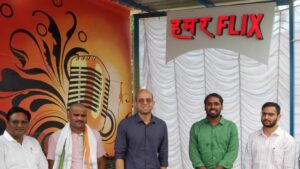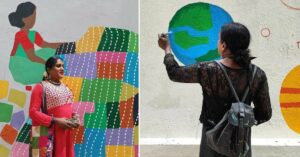When Her Daughter Was Diagnosed with Cerebral Palsy, Maria Did Not Lose Hope. She Did This Instead.
When Maria Josephine’s 5-month-old daughter Priya was diagnosed with cerebral palsy, this mother took on the challenge of giving her daughter an independent life. But that is not all she did – over the years she became a certified special educator to help other kids with this condition and created awareness among hundreds of parents, hospitals, anganwadi workers, and more.
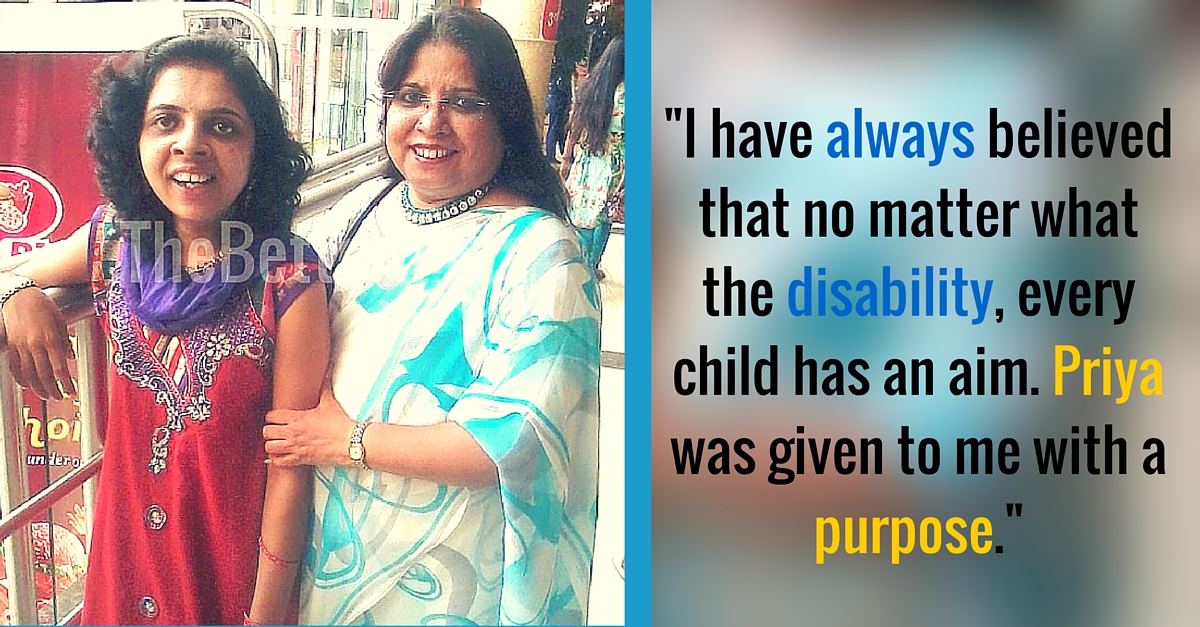
When Maria Josephine’s 5-month-old daughter Priya was diagnosed with cerebral palsy, this mother took on the challenge of giving her daughter an independent life. But that is not all she did – over the years she became a certified special educator to help other kids with this condition and created awareness among hundreds of parents, hospitals, anganwadi workers, and more.
“What is the purpose of my life? Everyone faces this question. But when it comes to children with disabilities, society, including the parents of these kids, thinks they have no purpose whatsoever. I have always believed that no matter what the disability, every child has an aim. Priya was given to me with a purpose. I have helped so many special children and their parents, and it is all because of Priya,” says Maria Josephine, the mother of a 40-year-old woman with cerebral palsy.
Maria’s daughter Priya was diagnosed with cerebral palsy when she was only five months old. But instead of looking at her condition as a challenge, Maria decided to dedicate her life to special education and has worked in this field for about 30 years now.
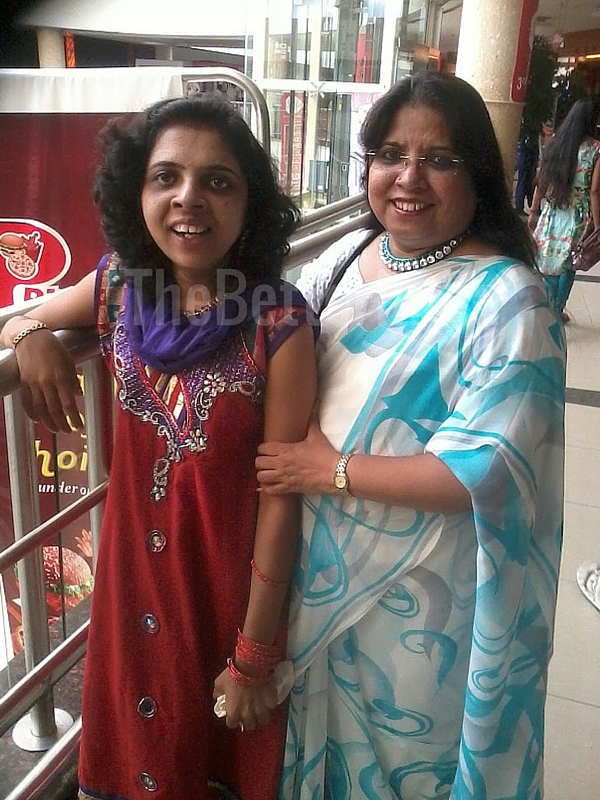
She has helped many other parents like herself, while also building a beautiful and independent life for Priya.
“Forty years ago it was very difficult to find proper services for children with special needs, especially in north Madras. As parents, we had to run from pillar to post to find doctors and experts for her training,” remembers the 62-year-old.
Maria started taking Priya to The Spastics Society of Tamil Nadu (SPASTN), an organization that empowers people with disabilities through education, training and employment. As a mother who was determined to create a better life for her daughter, Maria was not very satisfied with the kind of services provided. She kept looking for other organizations that could help and soon came to know about special education – a practice of educating students with special needs in a way that addresses their individual differences and requirements. She joined Bala Vihar, a special education school in Chennai, for a one year training program, and became a certified special educator.
“By the time I became a professional and entered this field, Priya was seven years old. I had missed out on the critical development years of my daughter. Being aware of the importance of early intervention, and having missed that out for Priya, I decided to work towards early identification and intervention for other parents,” she says.
Coincidentally, after her training, Maria got a job as the superintendent at SPASTN itself, and she decided to use the opportunity as a chance to develop the organization in a way that parents needed.
She worked with SPASTN for ten years, and her first move on joining the organization was to start a centre in north Chennai, because most special schools were located in the southern part of the city at that time.
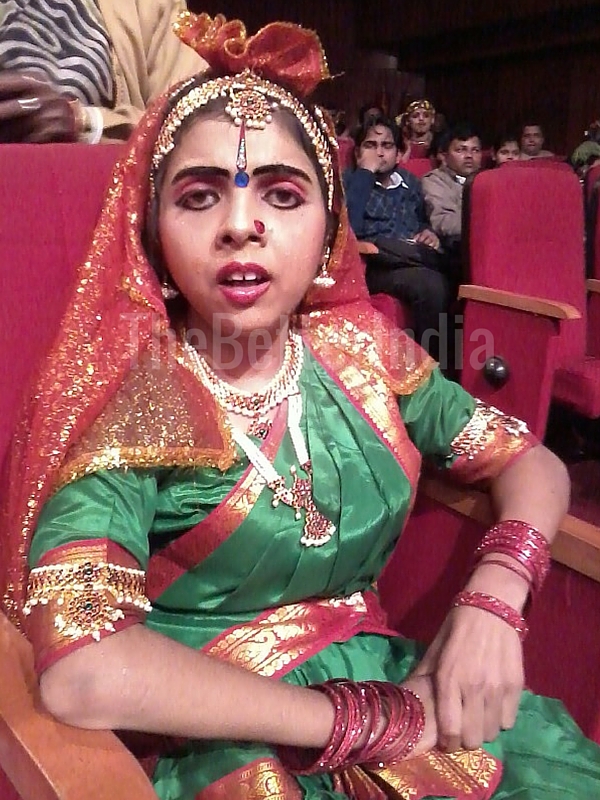
Maria also arranged for a place in rural Chennai and started travelling there to reach as many children as she could. This had a huge impact and Maria was selected by SPASTN to go to the UK to study more about special education. On returning, she extended the same program to semi-urban areas of Tamil Nadu and started three centres for early identification and intervention. She also sensitised over 2,000 anganwadi workers, village health nurses and other rehabilitation professionals about different disabilities, covering 500 villages with her team of therapists, physiotherapists and special education experts. She started a screening program for newborn children as well, so that disorders could be treated early if detected in time.
Later, Maria left the Spastic Society because the organization only targeted children with cerebral palsy at that time. She started an organization, Maria Charitable Trust, with her savings, to educate children with all disabilities.
Priya was 24 by this time, and like other parents of children with challenges, the burning question on Maria’s mind was: “What next?”
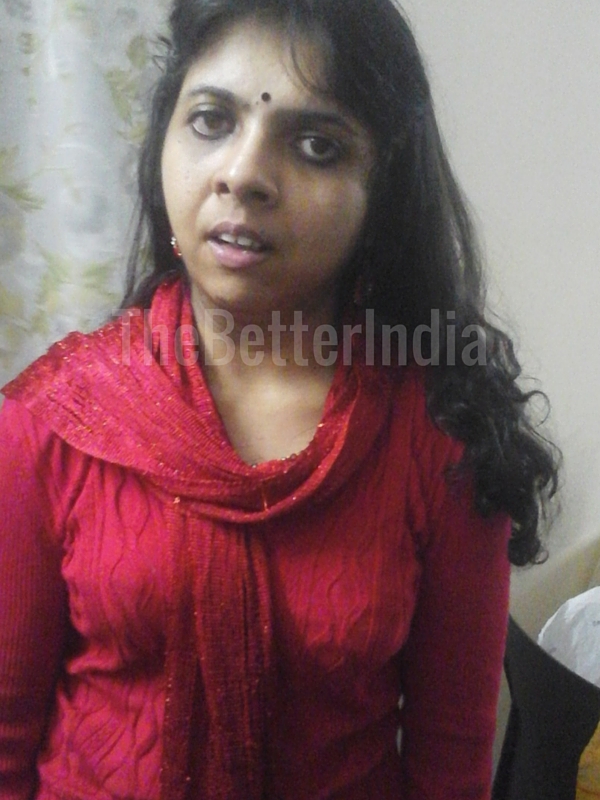
She had used all her learning to provide Priya with an independent life and she now wanted a secure future for her:
“My daughter is very independent. She is into sports, dance and painting. I used dance as a therapy for her. Due to spasms, her right side is affected; she cannot use her right hand and walks on her toes when using her right leg. She is non-verbal too. Irrespective of all these challenges, she dances beautifully,” smiles Maria.
She entered Priya in many competitions and events and ensured that she had the chance to socialise and mingle with people.
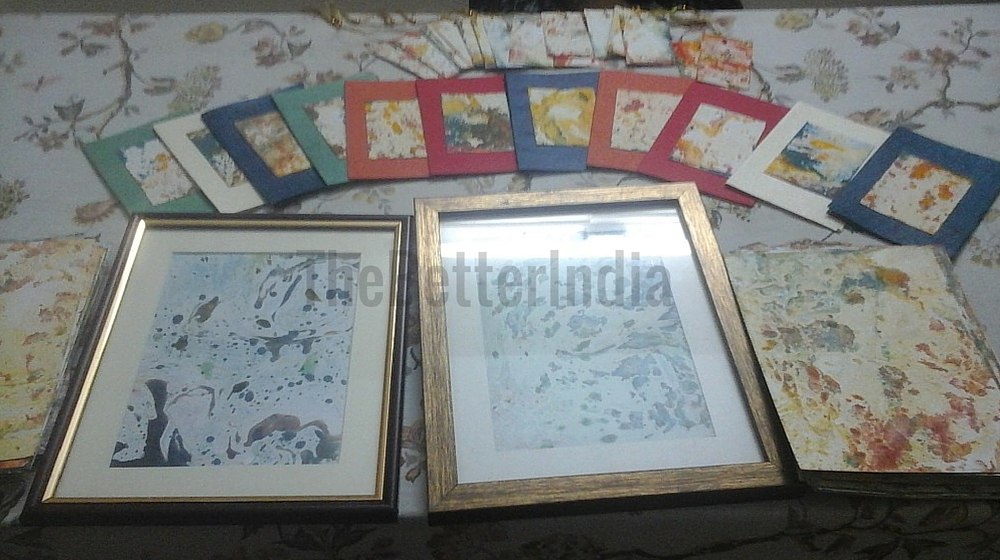
After running the charitable trust as an education centre for some time, Maria decided to develop it into a residential care organization.
“I closed the school, convinced my husband to take voluntary retirement, and we bought a big house for Rs. 50 lakh. But after investing so much, the problem was that parents were not willing to pay for the services I was offering. Unfortunately, we had to shut down the centre and I was almost bankrupt,” she remembers.
A disheartened Maria then decided to shift to Canada. There were many good residential programs in Canada at that time and she thought the move would be good for Priya. But after leaving Priya behind and living there for two years on a work permit, when Maria finally applied for family immigration, the authorities declared Priya to be medically inadmissible. Maria took on a legal battle, again spent a lot of money, but all in vain.
The family’s troubles did not end there. When Maria came to India in 2012 after spending seven years in Canada, Priya was diagnosed with third stage breast cancer.
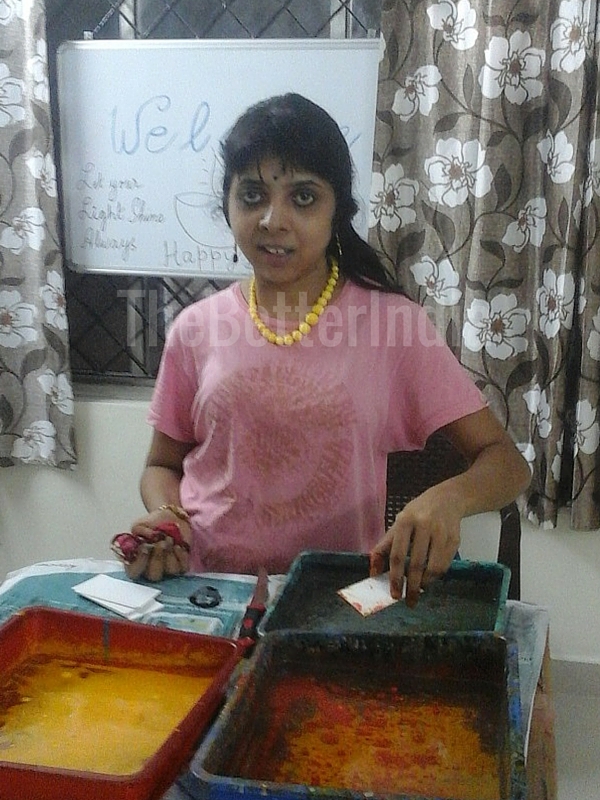
“That was the only time when I thought that I have not done anything for my daughter. I worked for so many people and went on spending money, without saving anything for her,” she says. But Priya showed immense strength and fought her disease. Finally, after a surgery and six chemotherapy sessions, she was free of the cancer.
In 2004, Maria met the national award winning film director, Ramsubramaniam. When he saw Priya and heard about her struggle, he decided to make a film about children like her. The film will be released soon and Priya is the role model for the protagonist. Maria thinks this movie will spread awareness and help people understand the feelings of people with disabilities.
“People like my daughter are silent sufferers. The world does not accept them and they crave friendship. So called normal people like us don’t often understand their needs. Priya carries a phone and loves to make friends. But nobody calls her. Even if she calls they are too busy to call back. The world is a lonely place for people like her. Ultimately, it is only the parents who are their companions and friends. Unless we voice their issues nobody will do so for them. But as we are getting old there are limitations to us as well. My question is: What is the world offering them? What about their need for life partners or their sexuality? How are we addressing the issues of children like my daughter?” Maria concludes with this emotional question.
Here’s hoping that her journey will inspire some answers.
Like this story? Or have something to share? Write to us: [email protected], or connect with us on Facebook and Twitter (@thebetterindia).
This story made me
- 97
- 121
- 89
- 167
Tell Us More
We bring stories straight from the heart of India, to inspire millions and create a wave of impact. Our positive movement is growing bigger everyday, and we would love for you to join it.
Please contribute whatever you can, every little penny helps our team in bringing you more stories that support dreams and spread hope.






